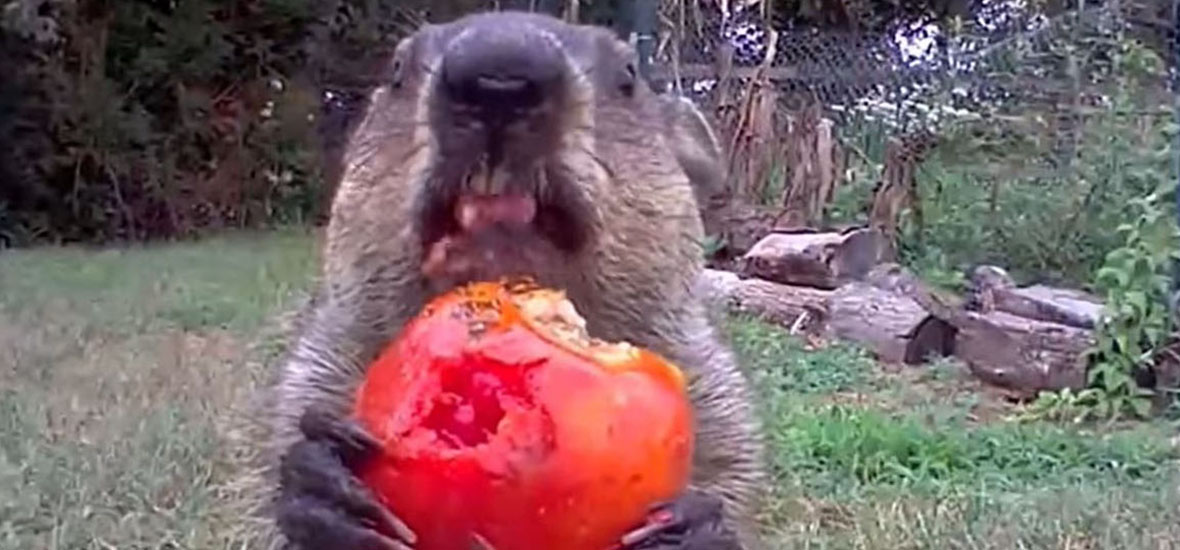- info@Vancouverpestanimal.com
Call 24/7 for a free quote:
360-450-6288
Telling Signs of a Sick Vancouver Groundhog to Look Out For
Groundhogs, just like the other Vancouver creatures in the wild will sometimes get sick. Since they can transmit these diseases, it is highly essential that you will familiarize yourself on the signs of a sick groundhog. This will help you minimize the transmission of the disease. We hope that by listing some of the common symptoms, we will be able to reduce the probability of the transmission of the zoonotic diseases.

Common Signs of a Sick Groundhog
Before looking at the symptoms that we will mention below, be sure that you already have a hint on the type of disease that the Washingtongroundhog may carry.
Discharges
Groundhogs that are sick will have some fluid buildup in their eyes or nose. They will also excessively sneeze. Additionally, they can be drooling uncontrollably. Discharge in the nose and eyes are common signs of the distemper. This is a condition that is often mistaken for the rabies virus. However, compared to rabies, a groundhog with distemper will not experience excessive foaming in their mouth. This disease will normally affect our pets especially our dogs. In fact, there was a time when distemper is considered as the most fatal condition on our dogs.
Uncommon Behavior
A healthy Washington groundhog will remain active during the early morning hours. If they appear lethargic and weak, be sure to keep away from them especially if there are no signs of injury. Showing no response to the changes in their environment is also a clear sign that they are sick. It is best to call the help of the wildlife rehabilitator to deal with this matter. You should also stay away from the groundhog that is showing aggressive behavior. This creature will normally retreat to their burrows in case they have been confronted with dangers. If they show signs of aggression when they are not being threatened, then this may be a sign of rabies.
Diarrhea
This is a more alarming sign of groundhog disease. There are instances that it is a sign or a serious illness. In case you come across a Washington groundhog that has this sign, be sure to keep your pets away from them. By doing this, you can prevent the transmission of the disease to your beloved pets. Not a lot of veterinarians will specialize in the treatment of the groundhog disease. This is why your only option to get them out of your house would be through the help of the wildlife rehabilitator. You may also seek the assistance of a groundhog exclusion expert to remove the creature immediately from your property.
Aside from the damages that they can cause to our home, the Vancouver groundhogs may also carry diseases that can be transmitted to humans and pets. In order to eliminate the possibility of acquiring this disease, you will have to perform exclusion during the initial sign of infestation. Some of the diseases that they may carry can be serious. This can sometimes lead to an irrevocable damage to your system.
Visit our Vancouver wildlife removal home page to learn more about us.

